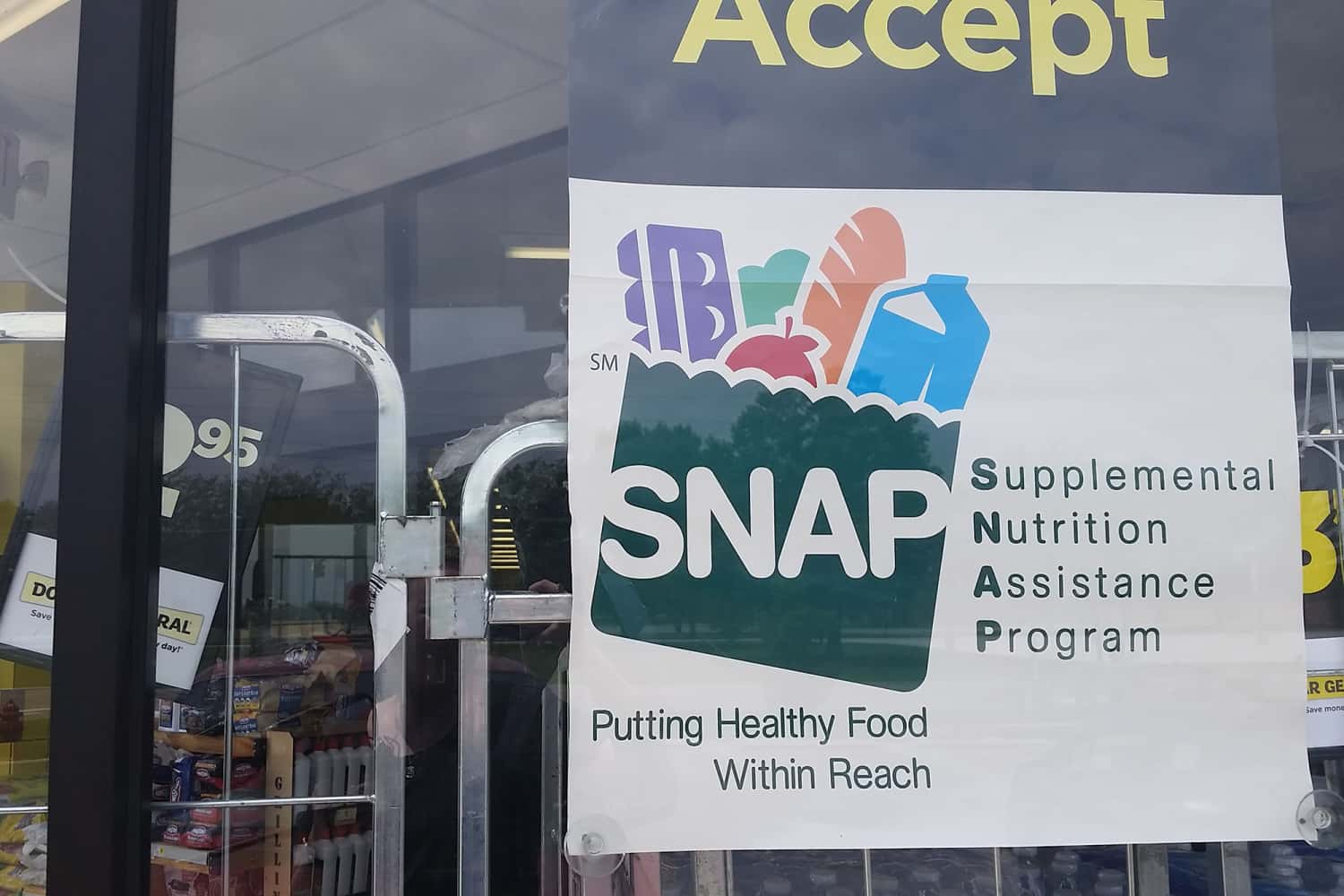These modifications stem from the Fiscal Responsibility Act, a legislation signed by President Joe Biden in June, aimed at enhancing the Supplemental Nutrition Assistance Program (SNAP).

SNAP benefits in Vermont and across the United States are set to undergo significant alterations starting this October
Commencing on October 1, a pivotal change will be introduced regarding eligibility criteria. Able-bodied adults between the ages of 51 and 52 without dependents, referred to as ABAWDs, must provide evidence of active employment, participation in training programs, or enrollment in educational institutions to qualify for SNAP benefits in Vermont. In a further expansion, beginning in October 2024, the age threshold for this requirement will be extended to 54.
Failure to meet these work prerequisites will limit benefit eligibility to just three months within three years
ABAWDs aged 18 to 52 are already mandated to demonstrate at least 80 hours of monthly work, educational pursuit, or training program engagement to sustain SNAP benefits in Vermont beyond three months. Certain exceptions to the ABAWD work criteria have been outlined by a USDA spokesperson. Homeless individuals, veterans, and youth aged 18 to 24 who have transitioned out of foster care are exempt. Additionally, those who are physically or mentally incapacitated, pregnant, or have children aged 18 or younger residing with them are not subject to these requirements.
For the majority of SNAP-eligible individuals in Vermont and across the nation, the coming October will bring an increase in benefit amounts, as the program incorporates a cost-of-living adjustment. In the contiguous 48 U.S. states, Washington, D.C., and Puerto Rico, households of four can anticipate a maximum monthly benefit of $973, signifying a significant improvement in SNAP benefits in Vermont and beyond.
READ ALSO: Exciting New Mississippi Lottery Games Promise Big Wins And Thrills




